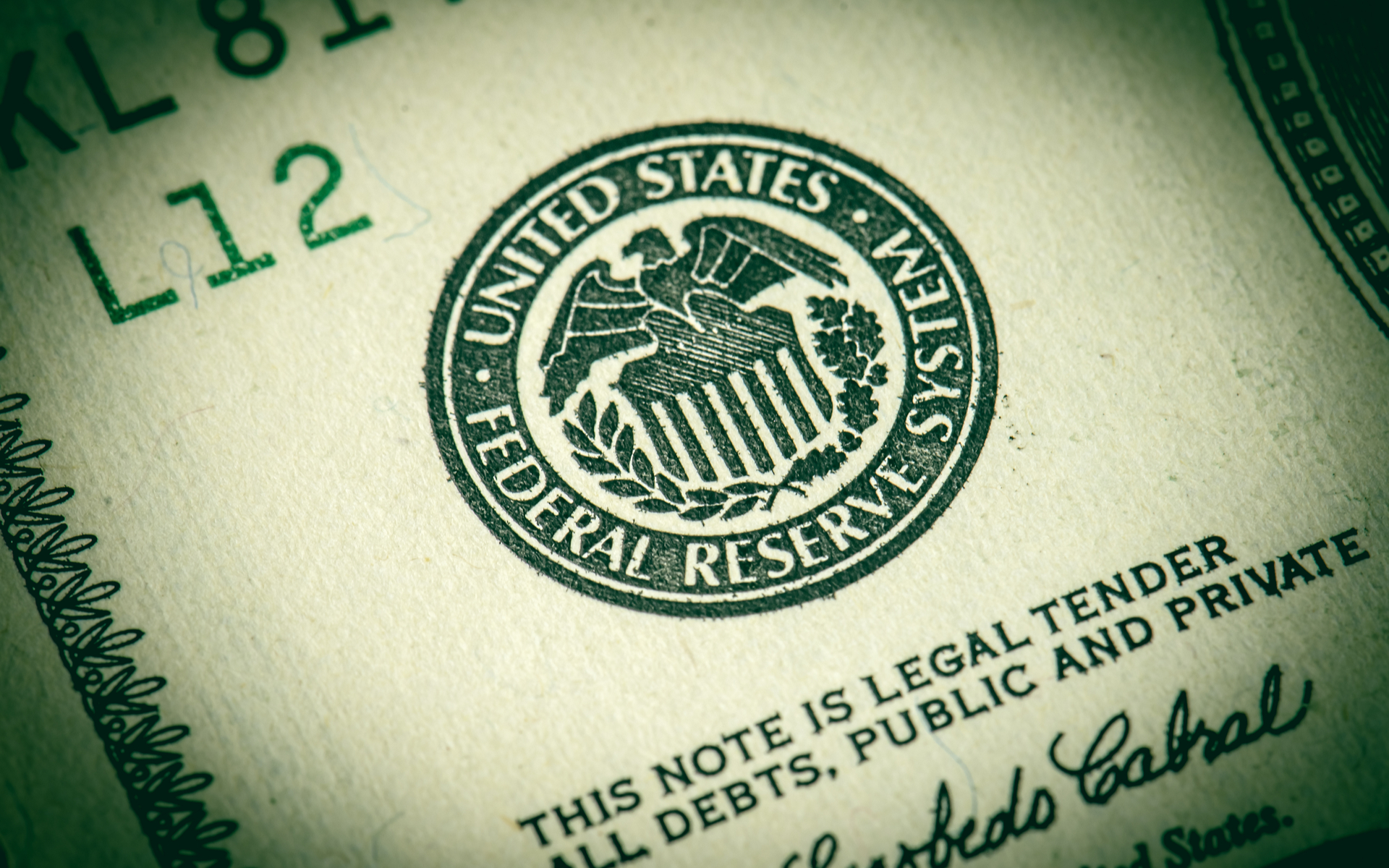PALO ALTO, Calif. (Reuters) - The Federal Reserve is looking at a broad variety of problems around digital payments and currencies, including policy, design and legal factors to consider around potentially issuing its own digital currency, Governor Lael Brainard stated on Wednesday. Brainard's remarks recommend more openness to the possibility of a Fed-issued digital coin than in the past." By transforming payments, digitalization has the potential to deliver greater worth and benefit at lower expense," Brainard said at a conference on payments at the Stanford Graduate School of Business.
Main banks internationally are discussing how to handle digital financing innovation and the distributed journal systems used by bitcoin, which guarantees near-instantaneous payment at possibly low expense. The Fed is developing its own round-the-clock real-time payments and settlement service and digital fedcoin is presently evaluating 200 remark letters submitted late in 2015 about the proposed service's style and scope, Brainard said.
Less than 2 years ago Brainard told a conference in San Francisco that there is "no engaging showed need" for such a coin. However that was before the scope of Facebook's digital currency aspirations were extensively known. Fed authorities, consisting of Brainard, have raised concerns about customer defenses and information and personal privacy dangers that could be positioned by a currency that could enter into use by the third of the world's population that have Facebook accounts.
" We are working together with other reserve banks as we advance our understanding of central bank digital currencies," she said. With more countries checking out issuing their own digital currencies, Brainard said, that contributes to "a set of factors to also be ensuring that we are that frontier of both research study and policy development." In the United States, Brainard stated, problems that need study include whether a digital currency would make the payments system more secure or easier, and whether it might present financial stability dangers, including the possibility of bank runs if cash can be turned "with a single swipe" into the reserve bank's digital currency.
To counter the financial damage from America's unmatched fed coin stock nationwide lockdown, the Federal Reserve has actually taken unprecedented actions, including flooding the economy with dollars and investing straight in the economy. The majority of these moves received grudging approval even from lots of Fed doubters, as they saw this stimulus as required and something only the Fed could do.

My brand-new CEI report, "Government-Run Payment Systems Are Unsafe at Any Speed: The Case Against Fedcoin and FedNow," details the dangers of the Fed's present strategies for its FedNow real-time payment system, and proposals for main bank-issued cryptocurrency that have been called Fedcoin or the "digital dollar." In my report, I talk about concerns about privacy, data security, currency control, and crowding out private-sector competition and development.
Proponents of FedNow and Fedcoin say the federal government should develop a system for payments to deposit quickly, rather than motivate such systems in the economic sector by raising regulative barriers. But as noted in the paper, the personal sector is offering a relatively endless supply of payment technologies and digital currencies to solve the problemto the level it is a problemof the time gap between when a payment is sent and when it is gotten in a savings account.
And the examples of private-sector innovation in this area are lots of. The Clearing House, a bank-held cooperative that has been routing interbank payments in various forms for more than 150 years, has been clearing real-time payments since 2017. By the end of 2018 it was covering half of the deposit base in the U.S.